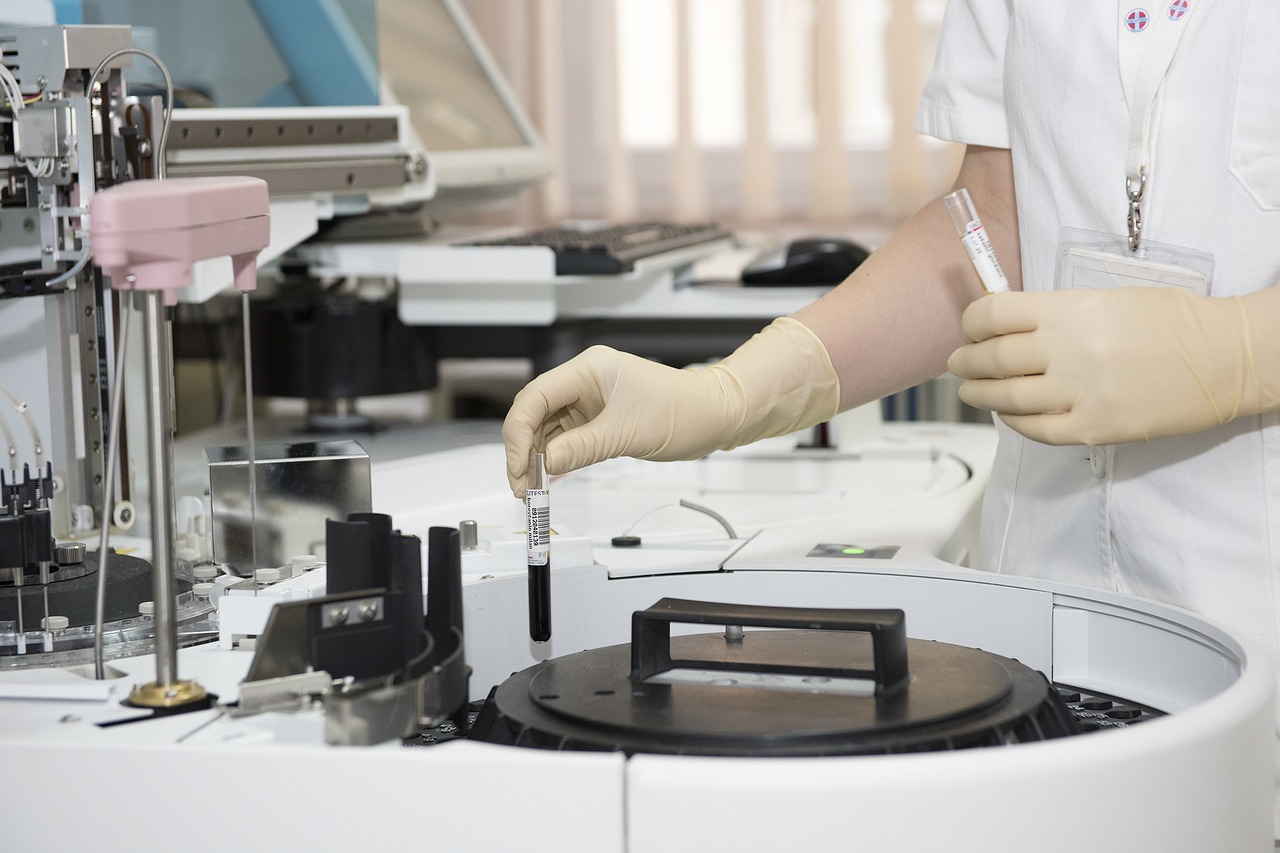11
Oct 2024
Shadow Health Minister tours Maryvale Hospital
Published in General on October 11, 2024

Victorian Shadow Health Minister Georgie Crozier visited Maryvale Private Hospital for a tour, coinciding with three days of complimentary community "Shane Warne Legacy Health Checks" at the facility.
Maryvale Private Hospital is owned by Latrobe Health Services, a not-for-profit private health insurer that has committed to extending its partnership with the Shane Warne Legacy as a founding partner for an additional two years.
Latrobe Health recently completed a $16 million redevelopment of Maryvale, equipping it with state-of-the-art acute medical facilities to better serve the Gippsland region.
During her visit, Ms Crozier met with Latrobe Health Services Chief Executive Ian Whitehead and Maryvale Private Hospital Chief Executive Dan Scholtes. Since its establishment in 1991, Maryvale Private Hospital has cared for over 60,000 patients.
Ms. Crozier also participated in a free 15-minute Shane Warne Legacy Health Check, which assessed risk factors for cardiovascular disease, including blood pressure, heart rate, body composition, and diabetes risk.
She commended both the program and Latrobe Health Services, stating, “Maryvale Private Hospital is not only providing high-quality services and care to the Gippsland community, but their owner, Latrobe Health Services, is partnering with the Shane Warne Legacy to promote vital health checks that will save lives.
“Latrobe Health Services, Maryvale Private Hospital, and Shane Warne Legacy should be congratulated on such a worthy initiative reaching hundreds of thousands of Australians and providing them with on-the-spot health information.”
Mr Whitehead expressed pride in partnering with such an important initiative, saying, “We are delighted to welcome the Shadow Victorian Health Minister to Maryvale Private Hospital, a valuable asset to the Gippsland region. Maryvale Private Hospital is critical in supporting public and private health and acute services.”
Maryvale Private Hospital collaborates with local public hospitals to ensure effective coordination and a streamlined referral pathway, giving the community confidence in local health care. Hospital accommodation options for patients are available nearby, providing comfortable and convenient lodging for those seeking care.
Following Shane Warne’s untimely death, there has been a notable increase in public interest in heart disease and heart attacks. Medicare reported a 62% rise in heart health checks from March 2022 to January 2023. However, participation rates for eligible individuals remain low, at less than two per cent of the total Australian population from November 2022 to October 2023.
Over the past year, average participation rates across all genders have been 0.7% for those aged 35 to 44, 1.3% for those aged 45 to 54, and 2.0% for individuals aged 55 to 64.









